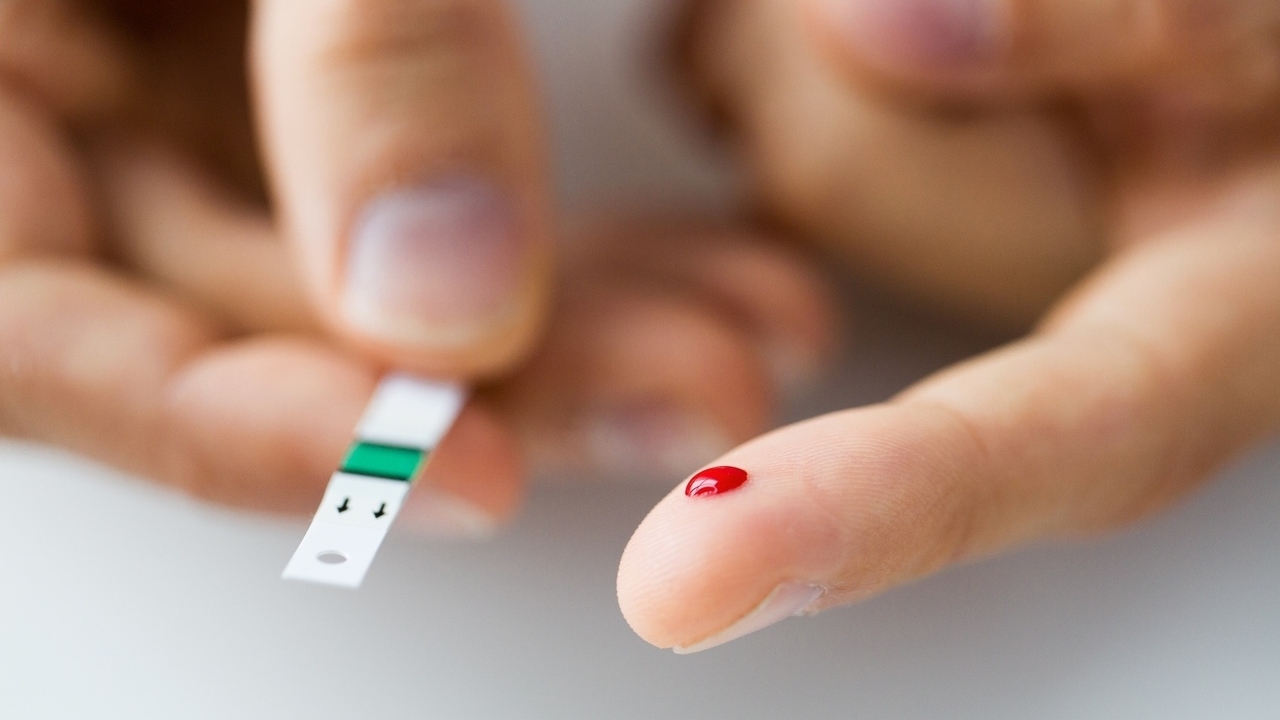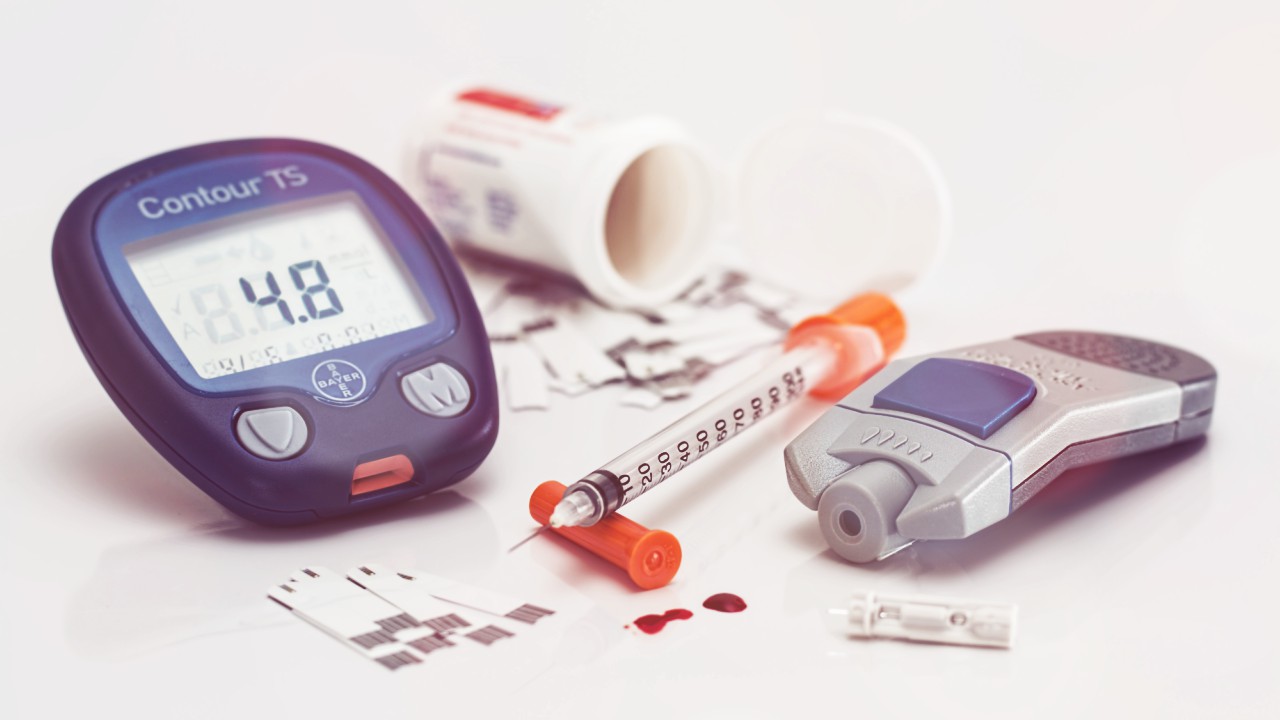When juvenile diabetes was first being treated, doctors used pig and cow insulin to treat their patients. Things have come a long way since the 1920’s and insulin is now made in a lab. But, if it isn’t being produced in the bodies of diabetics, how is the insulin in your vile created?
Today’s insulin is created using “Human Recombinant DNA.” Although it sounds like a difficult scientific term, Human recombinant DNA just means that the insulin is made biosynthetically, through engineering and technology in a laboratory like many other drugs around the world (http://www.idf.org/insulin_fact_file).
Insulin made from Human Recombinant DNA starts with human pancreas tissue and is then grown in something like a Petri dish. Using yeast, e coli, and other bacteria, when mixed with amino-acids and DNA, usable insulin is created. By creating insulin in a lab, instead of depending on animals, Human Recombinant DNA insulin can never really “go bad” or stop being produced. This creates a never-ending supply of a medication that is vital to the lives of many people around the world.
The use of pig and cow insulin has been mostly phased out. But some diabetics are looking for all-natural products and want to return to the use of animal insulin. There are some problems created by the use of pig and cow insulin, though, and doctors are reluctant to let their patients switch. Some people have allergic reactions, and it costs more to purify cow and pig insulin than it does to recreate human insulin in a lab.
When insulin is the only medication that can treat juvenile diabetes, being allergic to it makes a patient untreatable. In order to get all of those who needed insulin, scientists rely on laboratory-made insulin about 95% of the time (http://www.facts-about-diabetes.com/how-is-insulin-manufactured.html).





Add a CommentComments
There are no comments yet. Be the first one and get the conversation started!